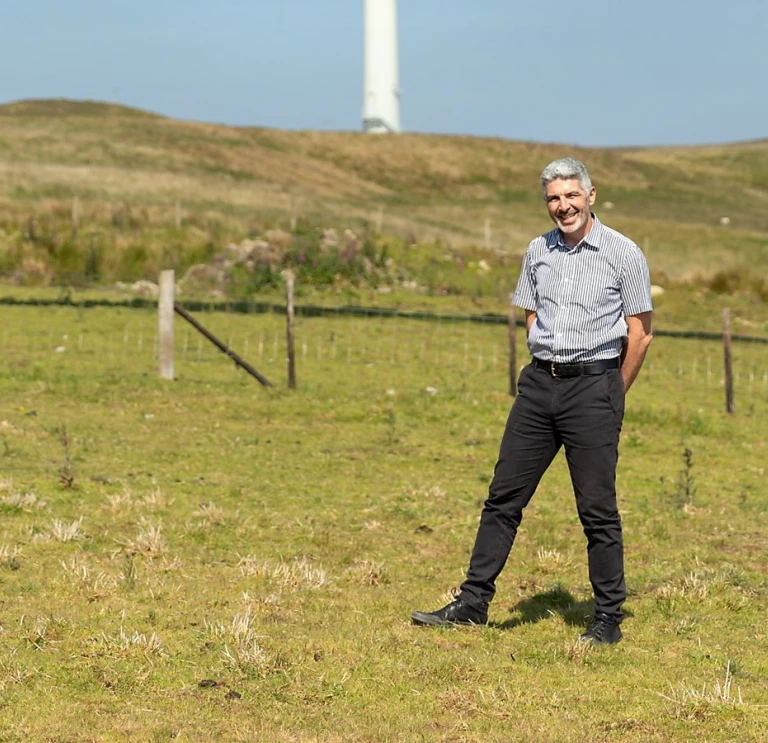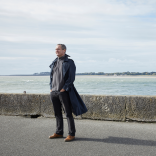Wie alle Länder ist auch Wales mit einer Reihe von Herausforderungen konfrontiert, darunter Klimawandel, Armut, gesundheitliche Ungleichheit, Beschäftigung und Wachstum. Damit heutige und zukünftige Generationen eine gute Lebensqualität erhalten, müssen alle für die langfristigen Auswirkungen unserer Entscheidungen Verantwortung übernehmen.
Angesichts dieser Herausforderungen geht Wales einen anderen Weg um eine erfolgreiche, gesunde, gerechte und belastbare Zukunft für unser Land und die Welt zu schaffen. Unsere ehrgeizigen Ziele geben Regierungen auf der ganzen Welt und Organisationen wie den Vereinten Nationen Anregungen; weshalb auch die letzteren sagten: „Wir hoffen, dass das, was Wales heute macht, die Welt morgen tun wird.“
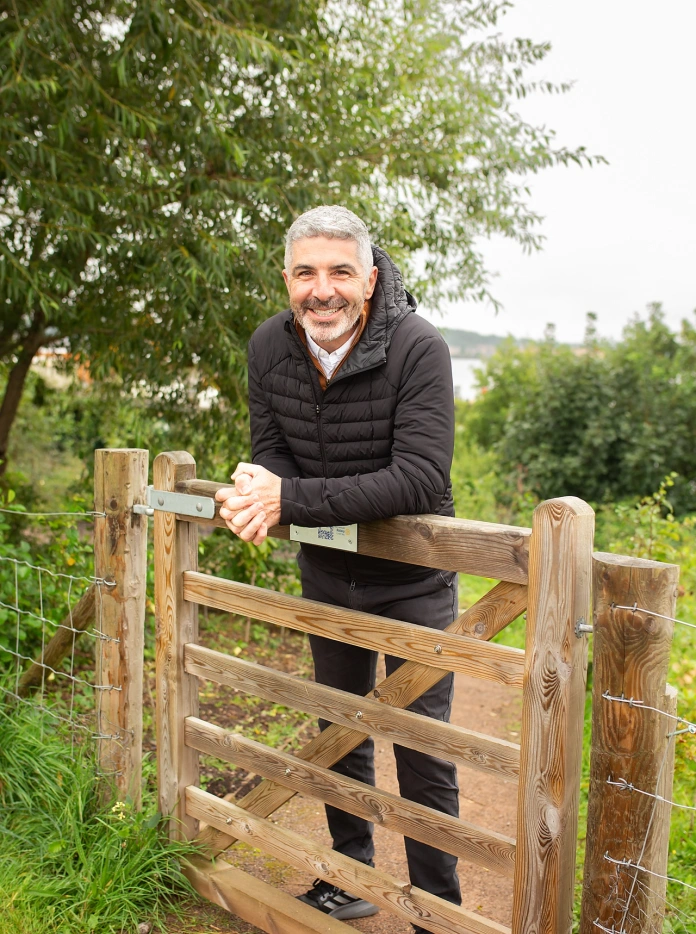
Veränderungen bewirken
In Wales den Zusammenhalt zu stärken bedeutet, den Gemeinschaften zu helfen, miteinander zu leben und sich gegenseitig zu verstehen. In Gwent unterstützt das von der örtlichen Gesundheitsbehörde durchgeführte Ffrind i Mi-Projekt („Freund von mir“), Menschen, die sich einsam oder isoliert fühlen, dabei, wieder Anschluss an ihre Gemeinde zu finden. Und in Brecon arbeiten Pflegeheime mit örtlichen Schulen zusammen, um ältere und jüngere Generationen durch Gartenarbeit miteinander in Kontakt zu bringen.
Öffentliche Einrichtungen ändern die Art und Weise, auf die sie über die langfristigen Auswirkungen ihrer Entscheidungen nachdenken, um Probleme zu vermeiden, bevor sie eintreten. Die öffentlichen Dienste fangen an, enger mit Menschen und Gemeinden zusammenzuarbeiten, um uns zu helfen, das Wales zu schaffen, das wir jetzt und in Zukunft wollen.
Beispielsweise ist Transport for Wales (TfW) das gemeinnützige Unternehmen, das unser Transportnetzwerk zur Verfügung stellt. Es vertritt die Interessen zukünftiger Generationen auf nationaler Ebene, indem es Transportwege entwickelt, die den walisischen Gemeinden nützen werden und langfristige Nachhaltigkeit fördern. Dies bedeutet, dass die Auftragnehmer für ethische Beschäftigungspolitik, Abfallminimierung und Kohlenstoffdioxidreduzierung in die Verantwortung genommen werden. TfW investiert auch in umweltfreundlichere Züge, die in den nächsten Jahren eingesetzt und die vorhandene Fahrzeugflotte ersetzen werden.
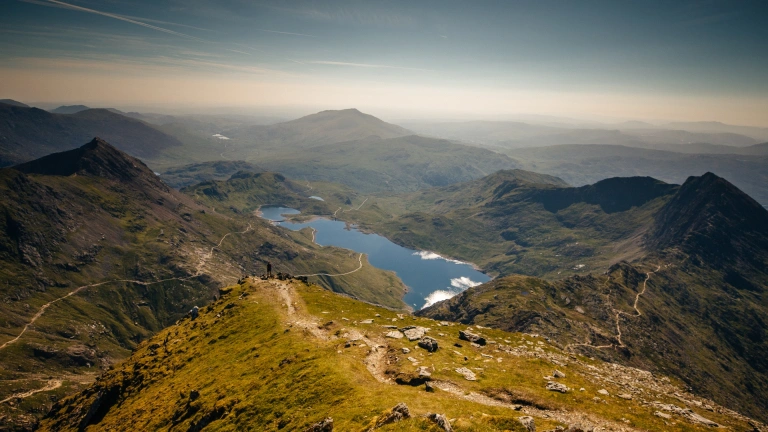
We have also switched our evaluation process to one based on well-being, rather than GDP. So government and public bodies must, by law, deliver decent work opportunities and a low carbon society. We have a new transport strategy, and there’s a plan to move 45% of all journeys taken in Wales to either public transport, or to be taken on foot or by bicycle.
When I took on the role of Commissioner, I set out an ambition for Wales to really feel different. I want people to arrive here and for it to feel like a breath of fresh air. For visitors to feel there’s something unique about this country, where we put the well-being of our people and planet first.
After the act launched here, parliaments in Scotland, Ireland and Japan worked on introducing similar types of legislation. And the UN Secretary General endorsed a proposal for a special envoy for future generations, citing Wales as an inspiration.
From Wales to the world — o’n bro i'r byd — the act offers a huge opportunity for us to make a long-lasting, positive change. To avoid further harm from the climate and nature emergencies, and ensure future generations can thrive, we need urgent and transformational change. I believe Wales is the perfect place to show what’s possible.

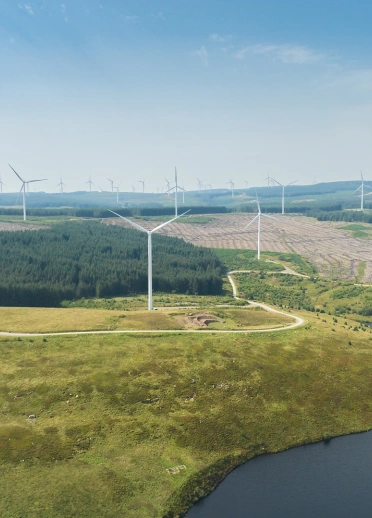
Finding solutions fast
During his first year in the role of Future Generations Commissioner, Derek launched a new strategy, Cymru Can. Its aim is to up the scale and quicken the pace at which the principles of the Future Generations Act are implemented across government bodies in Wales.
Taking place across a seven-year period, between 2023 and 2030, the new campaign will focus on five main areas within the wider framework of the act, ensuring the legislation: improves people’s everyday lives; responds to the climate and nature emergencies; does more to prevent ill health; works to establish a well-being economy; and protects and enhances culture and the Welsh language.
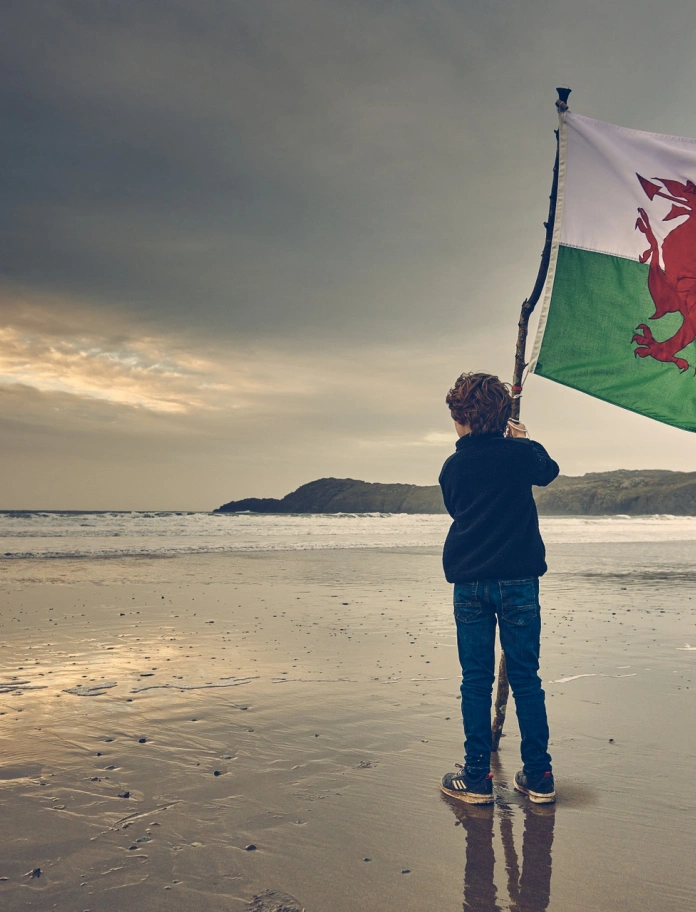
Closing the gap between aspiration and delivery
People, including myself, are proud of the Well-being of Future Generations Act and our well-being goals – but we must push harder to ensure they’re better implemented to make more positive change in people’s daily lives, now and in the future.
We need urgent and transformational change, with joined-up and long-term solutions to problems like the climate and nature emergencies, inequality and poverty and it’s not happening at the pace and scale we need it to – it’s my job to work with others to find better ways to support that change.
Our seven well-being goals
The Well-being of Future Generations Act set out seven clear goals. And because everything’s connected, our public bodies must work to achieve all of them.
A prosperous Wales.
A resilient Wales.
A more equal Wales.
A healthier Wales.
A Wales of cohesive communities.
A Wales of thriving culture and vibrant Welsh language.
A globally responsible Wales.
Find out more: futuregenerations.wales
